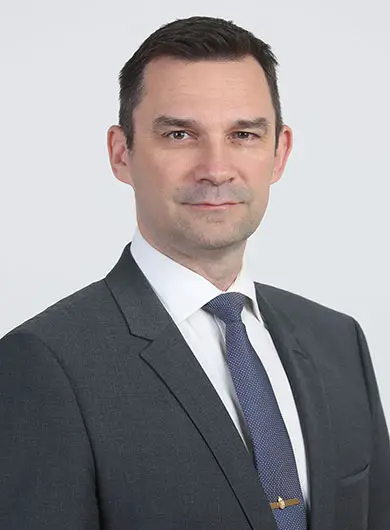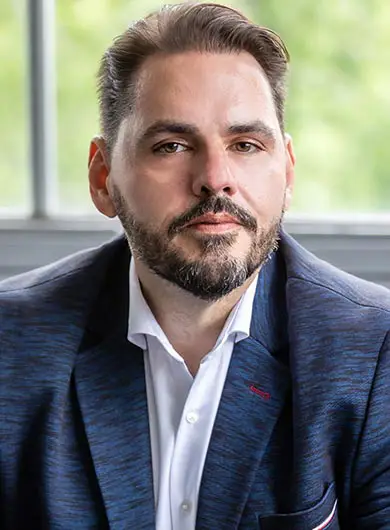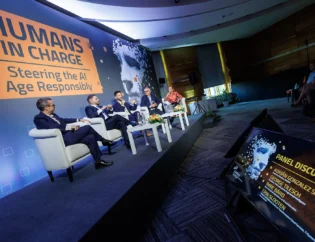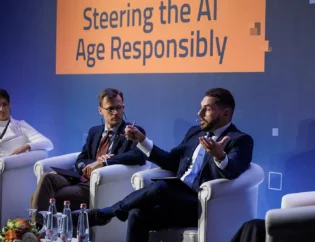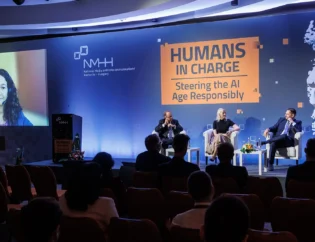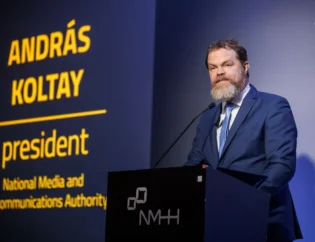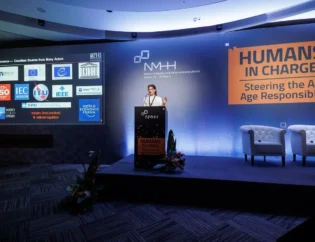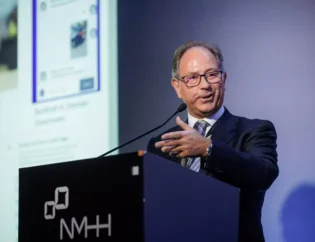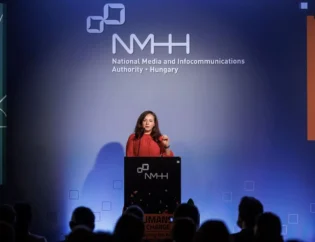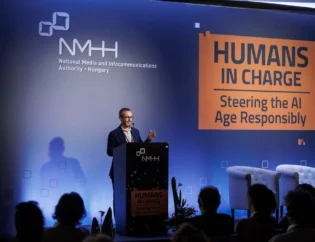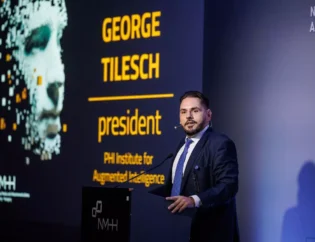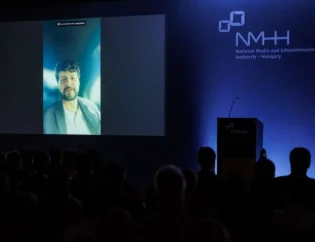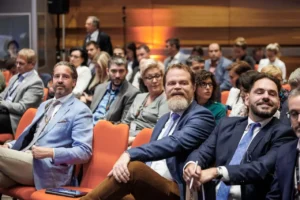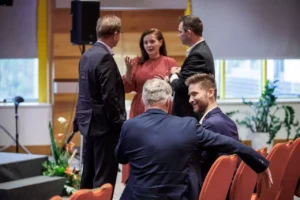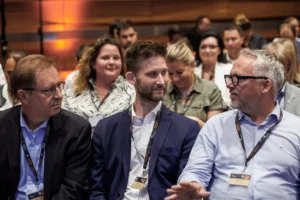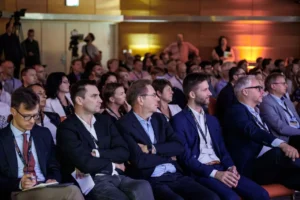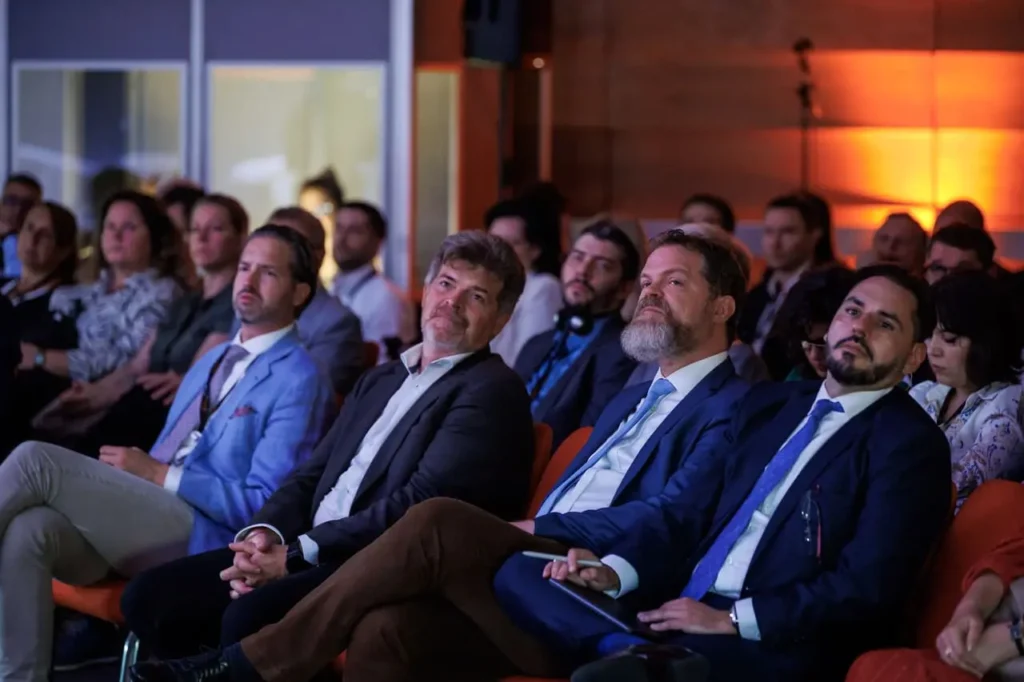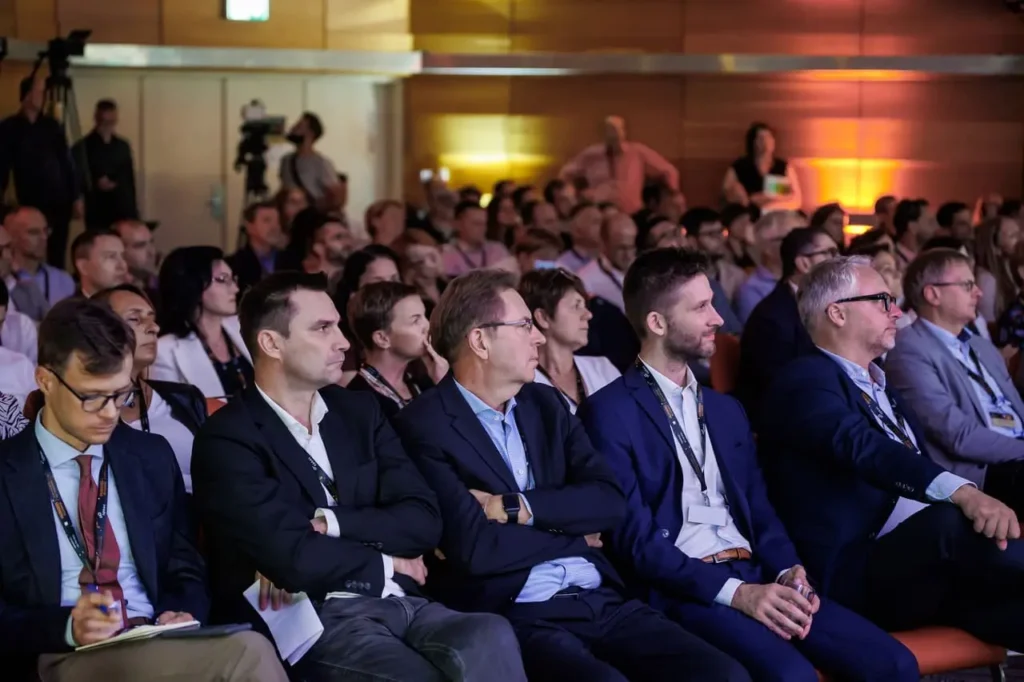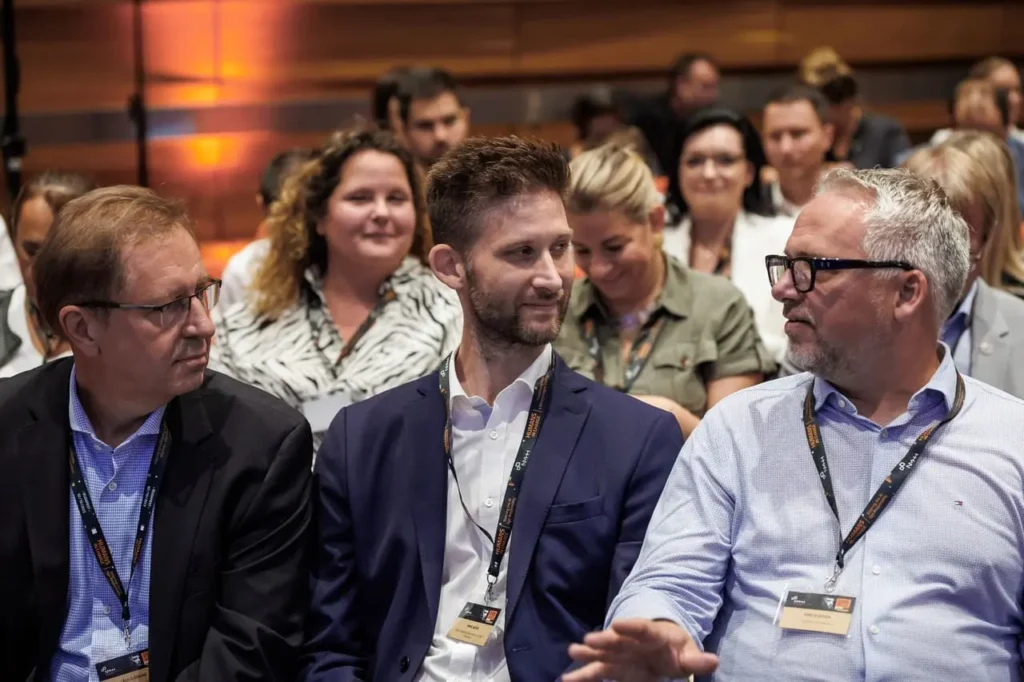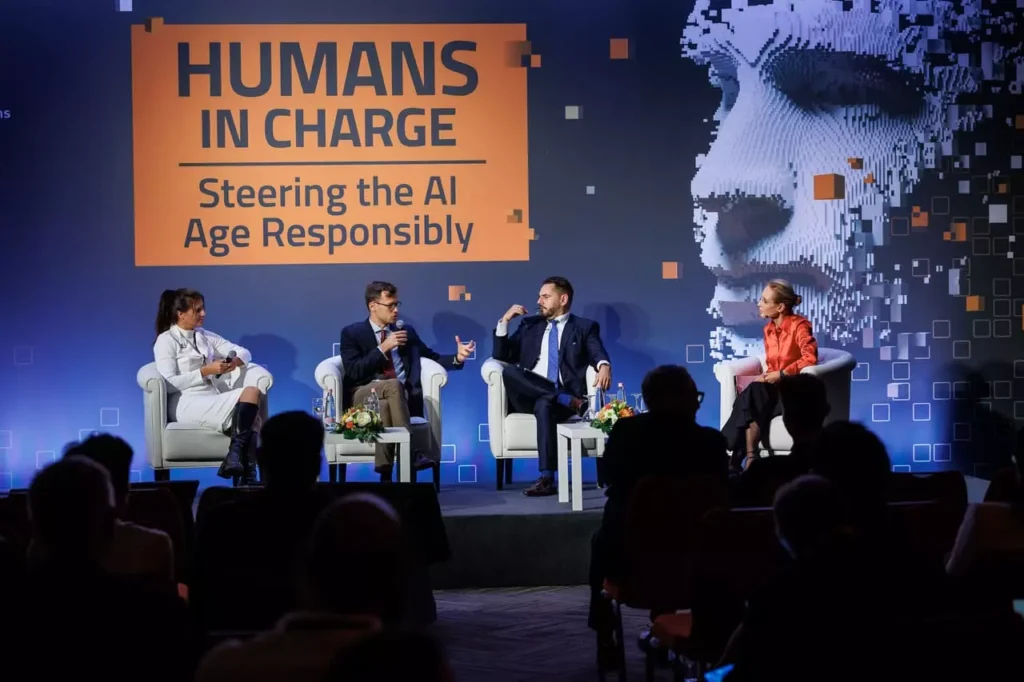AI, Safety and Security. AI for Good and Protecting the Next Generation
THE SECOND PANEL. AI as a socio-technical construct lands in an age of big uncertainties, conflicts, and insecurities. AI can be a force for Good: its power should be tapped at a much bigger magnitude in helping solve big civilizational challenges and social development goals. Parallel to that, AI’s agency is active in everyday solutions that surround us and soon, they will power everything digital: its prowess and impact will be omnipresent, and so will be risks and harms that have to do with this line of technologies, that are here to stay.
Questions to answer
- There are risks and harms unique to AI - and there is also luggage, unsolved. How can we protect populations most vulnerable, especially youth, from the unintended harms and clashes of AI misuse?
- How do institutions, both national and international, react to these challenges and what can be considered cutting edge initiatives that instill hope and a sense of safety?
- When it goes wrong: how can we build awareness and understanding around AI safety and security for non-coders and what is the cutting edge in that?
- AI transforms 21st century defense: how do we protect our societies from aggressors who increasingly develop robust AI capabilities?
Participants
Maria Luciana Axente
Responsible AI & AI for Good Lead, PwC UK
She is a member of various Advisory Boards – UK All-Party Parliamentary Group on AI (APPG AI), ORBIT & SKEMA AI Institute, Vice Chair of techUK Data and AI leadership committee and member of BSI/ISO & IEEE AI standard groups.
László Drajkó
Founder & Managing Parner, Cydrill Software Security
Laszlo is an appreciated contributor of ACT-IAC, a partnership of US Government, Academia and Industry, where he collaborates in the AI working group, especially driving awareness of security aspects of AI and Machine Learning systems.
Imre Porkoláb
Vice Chair Board of Directors, NATO DIANA
He is an expert on guerrilla warfare and counter-terrorism in the context of special operations capability development, related leadership theory, change management in the V.U.C.A. environment, and innovative methods of organizational transformation and its applicability to business.
George Tilesch
Founder & President, PHI Institute for Augmented Intelligence
For over 20 years, George has been active as a cross-sector and cross-industry conduit between AI ecosystems worldwide and as a trusted advisor for world leaders.




